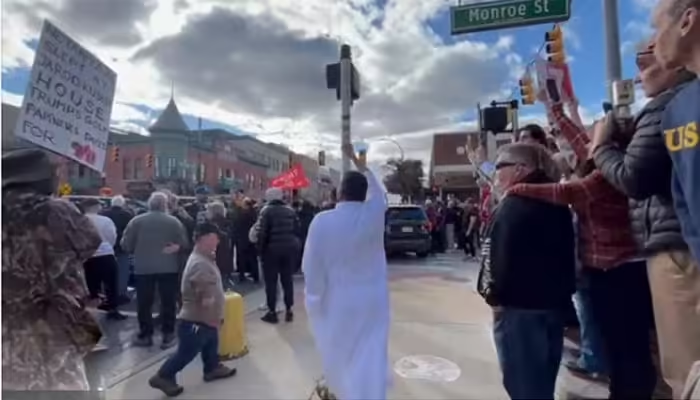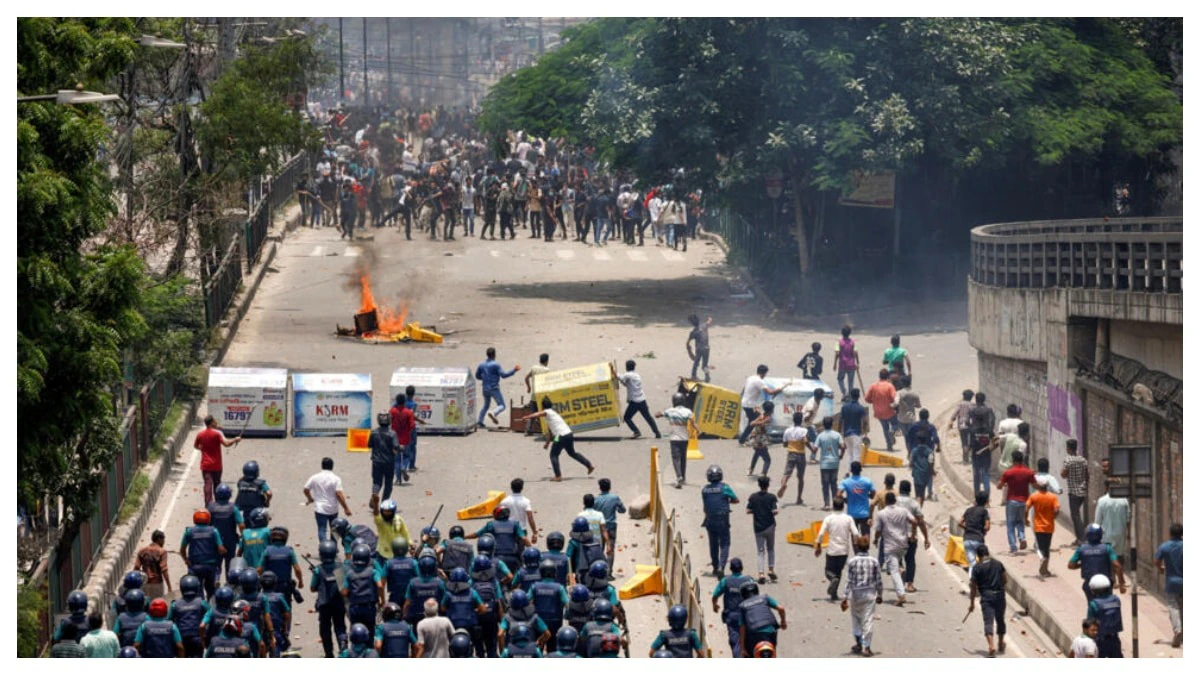Six months following a stunning election triumph by PVV leader Geert Wilders, Dutch politicians have at last reached a consensus on a coalition government, disclosed Wilders, who will not assume the role of prime minister.
“We have reached an accord among negotiators,” stated Wilders, who reluctantly abandoned his aspiration of leading the European Union’s fifth-largest economy amidst widespread apprehension over his anti-Islam, anti-European sentiments.
The identity of the prime minister to lead the right-wing coalition government and succeed Mark Rutte, anticipated as the new NATO secretary general, remains uncertain.
“Deliberations regarding the prime ministerial position will occur at a later juncture,” Wilders informed reporters.
Nonetheless, former education and interior minister Ronald Plasterk emerges as the primary candidate, having played a pivotal role in the preliminary discussions.
Subsequently, MPs from the four parties granted their endorsement to the agreement on Wednesday, though specifics remained undisclosed.
In March, the four parties resolved to pursue a government composition comprising 50% politicians and 50% individuals from outside the political sphere.
The Netherlands last witnessed such an “expert” government in 1918, raising questions about its viability in the contemporary era.
Following exhaustive negotiations on Tuesday, Wilders expressed that it would mark a “historic day” if his far-right PVV Freedom Party participated in a Dutch government for the first time.
The ascendance of the far-right in European elections has encountered hurdles in translating electoral gains into governmental authority, as other parties refuse collaboration.
“It’s a disconcerting day. We now witness a radical right-wing party under Wilders occupying a central position of power in the Netherlands,” remarked opposition leader Frans Timmermans from the Greens-Left alliance.
Wilders, sometimes likened to the “Dutch Trump,” has moderated certain policy stances, yet his election manifesto persists in advocating for a ban on the Koran and mosques.
Following his victory in the elections, Wilders appeared poised to become the nation’s inaugural far-right prime minister, albeit one of his coalition partners threatened to thwart a deal in such an event.
“Remember: I will assume the role of prime minister of the Netherlands one day. Backed by even more Dutch support,” declared Wilders upon reluctantly stepping aside.
“If not tomorrow, then the day after tomorrow. Because the voices of millions of Dutch will resonate.”
The coalition discussions, involving Wilders’ PVV, farmers party BBB, Rutte’s liberal VVD, and the new anti-corruption party NSC, have been contentious, exacerbated by social media skirmishes.
In February, NSC leader Pieter Omtzigt abruptly withdrew from the negotiations, ostensibly over fiscal disagreements, though he harbored significant reservations regarding Wilders’ more extreme policies.
“We are on the verge of forming a government,” affirmed Omtzigt. “We anticipate Wilders’ proposal for the prime ministerial candidate.”
When asked about the protracted duration of government formation, Omtzigt remarked with a smile, “Well, it’s somewhat emblematic of the formation of this government.”
“Each phase took slightly longer than anticipated, but that’s customary.”
Dutch governments have become accustomed to prolonged formation processes, with the preceding Rutte administration taking 271 days to materialize.
While specifics of the government pact remain undisclosed, the incoming administration is widely anticipated to implement more stringent asylum and migration policies.
Wilders, with close ties to other European populists including Hungary’s Viktor Orban, has also pledged generous healthcare spending and a reduction in the retirement age. However, fiscal constraints render unanimous support from other parties improbable.



